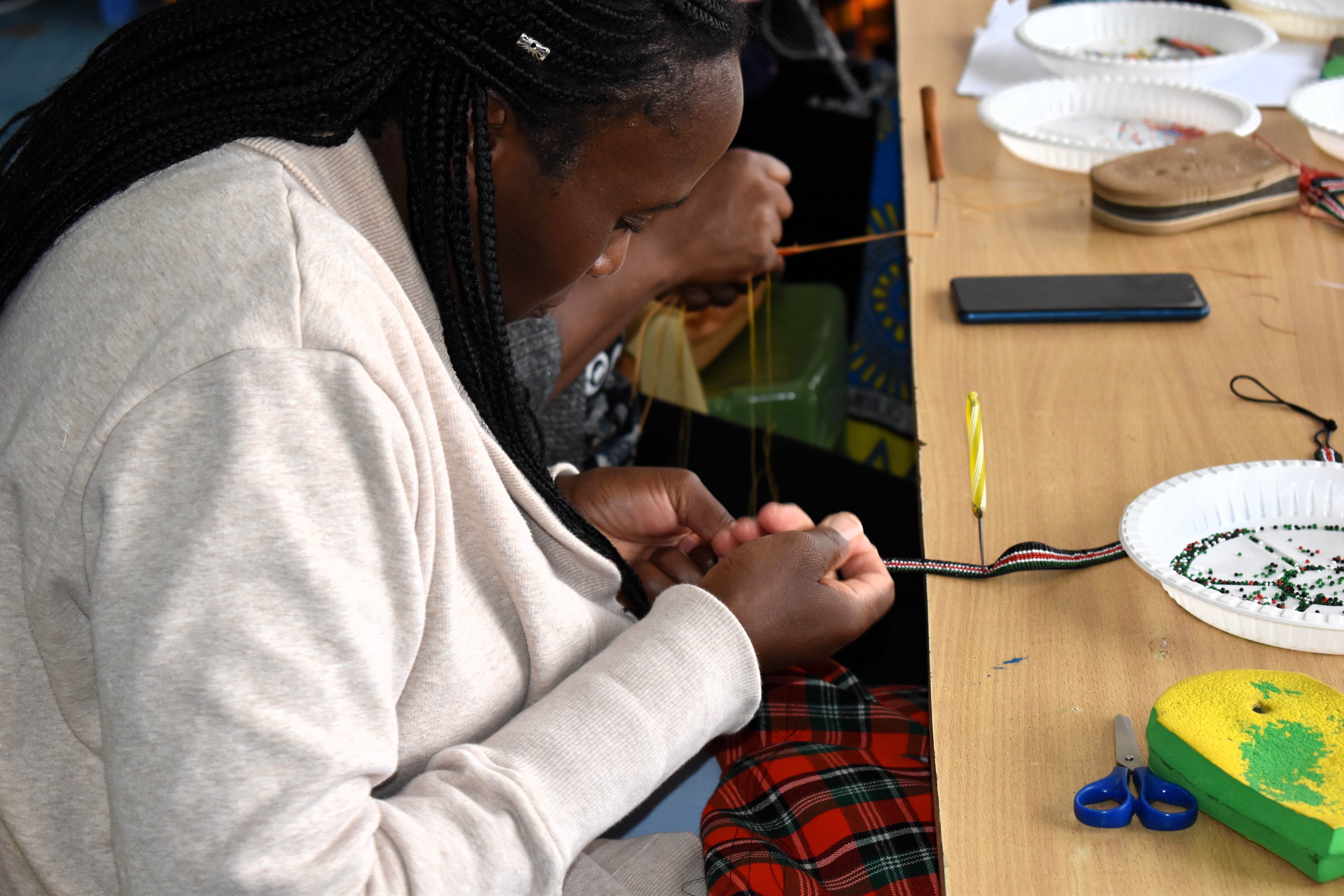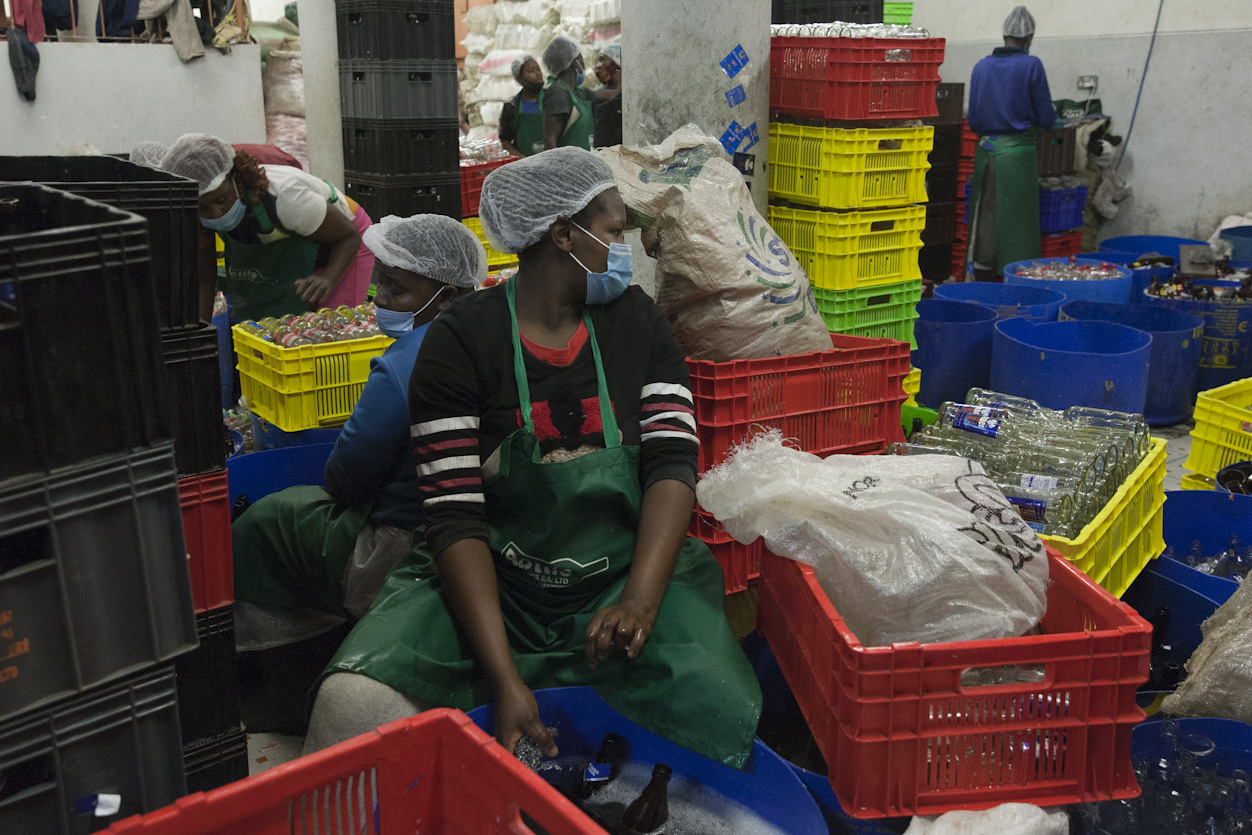The “Prosperity” pillar represents the commitment to building a more sustainable and inclusive economy, one that values people and uses natural resources more efficiently and responsibly. The idea is to promote development that reduces environmental impact, encourages material reuse, and places human potential at the center.
In Somalia, the Italian Cooperation supports economic growth through programs targeting micro, small, and medium enterprises (MSMEs), facilitating access to credit and strengthening local institutions in collaboration with the International Monetary Fund (IMF) and the World Bank.
In Kenya, a country where the private sector is a key driving force, Italy supports local start-ups in ICT, agribusiness, and sustainable fashion. These initiatives aim to integrate the informal sector into the formal economy, strengthen value chains, and leverage Italian know-how.

